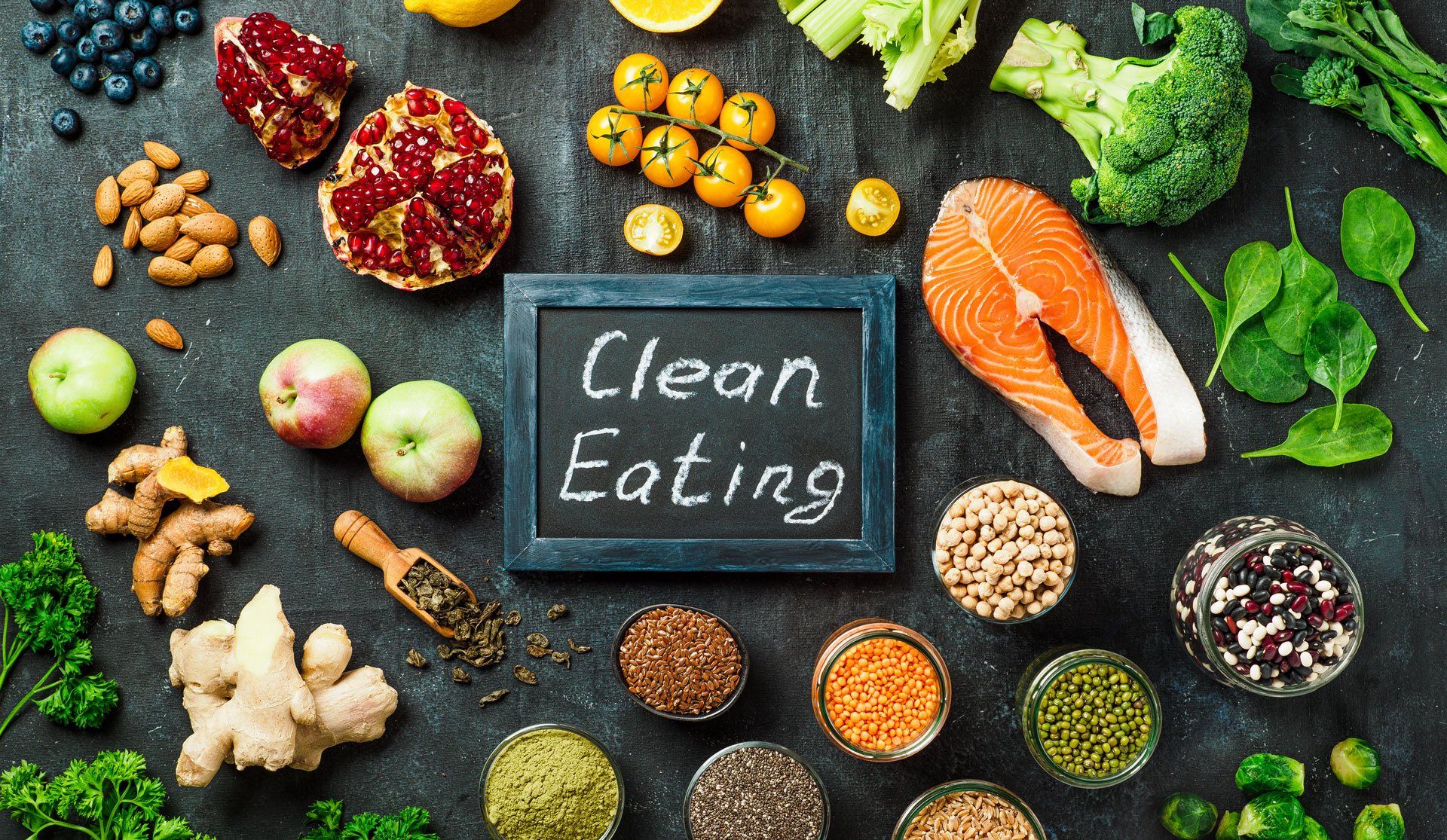
The definition of prevention varies depending on the type of disease. For adults, this means maintaining a healthy weight and preventing excess weight gain. Prevention can be achieved for children by decreasing high-fat foods intake and increasing physical activity. Altering socio-economic policies and environmental factors can help. Here are some options for obesity prevention. These methods can be used in combination or as an individual. Many people can benefit from these strategies.
An integrated, multi-level approach to obesity prevention may be able to influence social norms regarding eating habits and promote healthy living. Although there is no one culprit to obesity prevention, food plays an important part in the problem. Obese people tend to eat more than they feel full. This leads to them continuing to eat even after they are satisfied. They might also eat less when stressed or anxious. Modern lifestyles are less physically demanding and more energy-efficient. Moreover, many of us don't engage in physical activities, which use up calories. It is imperative to address this global epidemic.

These programs, which are community-based, have proven to be more effective in reducing the likelihood of obesity. These interventions typically target the environment, such as television and computer use, which are both high calorie and passive. They also target individual behavior such as availability of play equipment in children’s areas. These programs do not only help individuals lose weight but also promote good sleep and active play.
A successful program to prevent obesity should address multiple populations. The goal is to prevent obesity through changing behaviors that encourage overweight and unhealthy weight. The person should prioritize fruits, vegetables whole grains, nuts, legumes, as well as whole grains. You can reduce your risk of developing heart disease and high cholesterol by doing this. They should also incorporate physical activity into their lifestyle. This will increase their chances of losing weight. Preventive measures are important and should always be taken.
Different prevention strategies achieve different goals. Universal obesity prevention plans focus on changing social norms, and environmental conditions that promote obesity. Programs can be targeted to target obesity prevention by addressing the needs of particular groups. Programs that are targeted at children and teens have a higher chance of having positive effects on their health, than programs that are aimed at adults. A prevention strategy for children should include prevention of weight gain during childhood and adolescence.

To prevent obesity, you must make behavioral changes as well as eat a healthy diet. The best strategies for preventing obesity are to eat healthy and get plenty of sleep. These strategies will help achieve your goal weight and minimize the chance of developing many chronic diseases. It is crucial to avoid obesity in order to lower your risk for heart disease, high bloodpressure, and diabetes. But, it is also important to maintain a healthy body.
FAQ
Which is the best workout for men?
The answer will depend on what you are searching for. Cardio exercises are great for anyone looking to lose weight.
If you want to just build muscle mass, strength training is better as it increases lean body weight.
Both types can be used to improve your overall wellbeing.
I recommend HIIT, or sprint interval training, if you want fast results. This type of training can help you lose fat quickly and increase your metabolism. It will also help you stay motivated to train even when your body is tired.
Is it true that kidney stones can be caused by overeating protein?
Protein helps to maintain healthy bones, tissue, and skin. But consuming too much protein can lead to calcium excretion through urine. This can lead kidney stones.
It's important to note that not everyone gets kidney stones after eating more than 2 grams of protein per kilogram (2.2 pounds) of body weight. It is possible to eat high levels of protein without developing kidney stones.
By being careful with your sodium intake, you can prevent kidney stones. Sodium is important for maintaining the body's water balance. A high level of sodium can increase the risk of developing kidney stone.
You can also try reducing your protein intake if you get kidney stones. For most people, protein provides half their daily caloric requirements. If you cut back on protein, you'll likely lose weight.
If you do decide to eat more protein, don't go overboard. Aim for less than 20% of total calories from protein.
Eggs are good for us.
The egg contains all the nutrients required by the human body. It aids in maintaining strong bones, healthy hearts, and lungs, as it also maintains stable blood pressure.
Eggs are a good source of protein and vitamins A, B12, D, E K, calcium, phosphorus iron, zinc copper, magnesium selenium and even riboflavin.
Egg yolks are high in cholesterol. However, the egg yolk is low in cholesterol. Eggs contain less saturated fat than most other foods.
They are also low calories and sodium. You can make them in any way you like. They can be fried, poached, scrambled, boiled, hard-boil and baked.
They are very healthy and simple to make.
At least two whole eggs should be consumed each day. You should eat eggs if you are allergic to them.
Essential nutrients are provided by eggs. Add eggs to your diet today.
What's a good routine for a daily workout?
Regular exercise is key to staying healthy. It doesn't make a difference what kind of activity you choose. As long as you do it often, it will be beneficial. The key thing is consistency. To achieve success, you need to persevere for a long time.
Begin by walking for a few minutes each day. Increase the time you spend exercising each day until you can do 30 minutes. You can choose to run, swim, weight train, do yoga or take aerobics classes.
Try to get active every day. If you have a valid reason to skip a session, it is best not to.
You should wear the appropriate clothing and footwear if you are exercising outdoors. You should also consider the weather conditions that could affect your ability exercise safely.
Make sure that you drink plenty of water while you're exercising. Avoid drinking alcohol during this time because it can cause dehydration. Also, don't drink caffeine-rich beverages like tea, coffee, or cola. These drinks may give you energy but also dehydrate your body.
When you first start exercising, you might feel tired after completing your workouts. Keep going with your workouts and you'll soon feel more energized.
Is weightlifting more effective at burning fat?
Weight lifting does burn fat faster, but only if you combine it with cardio workouts.
Cardio workouts are a great way to increase the weightlifting benefits.
When done correctly, weightlifting increases your heart rate and oxygen consumption which helps you lose weight.
It is important to combine cardio with it, as you will not see significant changes in your body's composition.
What is the best way to increase muscle mass?
You need to perform two types of exercises when building muscle mass. These are called compound movements and isolation. Isolation exercises target specific muscles while compound moves focus on multiple groups at once.
Choose exercises that test all your major muscle groups to improve your workouts. This will ensure that you work hard every session.
An app called MyFitnessPal allows you to keep track of everything. It can track everything from calories burnt to weight lifting. You can also make custom meal plans according to your goals.
Statistics
- Are You One of the 20% of Guys (mh.co.za)
- Candidates and applicants must pass all four tests at 70% (minimum level) to graduate from Basic Deputy U.S. Marshal (BDUSM) Training. (usmarshals.gov)
- The PRS enabled risk stratification for overall prostate cancer and lethal disease with a four-fold difference between men in the highest and lowest quartiles (HR, 4.32; 95% confidence interval [CI], 3.16-5.89). (pubmed.ncbi.nlm.nih.gov)
- According to the American Heart Association, blood pressure should be checked at least once every two years, beginning at age 20. (my.clevelandclinic.org)
- According to the American Academy of Dermatology (AAD), men over 50 are at a heightened risk of developing it. (healthline.com)
External Links
How To
How can I burn fat and exercise?
Exercise helps you lose calories by increasing your metabolism and oxygen intake.
Moderate intensity exercise is a safe way to lose weight.
To burn fat while exercising, follow these tips:
-
Cardio exercises include swimming, running or cycling.
-
For 30 minutes, do it three times a week.
-
If you want to lose more weight, add strength training to your routine.
-
Avoid intense training. You can build muscle without having to lose muscle tissue.
-
Hydrate well during exercise. Water flushes out toxins and helps keep the body hydrated.
-
After exercising, consume low-fat protein smoothies. Protein shakes are great for your muscles and energy.
-
Eat smaller meals throughout the day, so you don't feel hungry between meals.
-
Don't skip breakfast! Skipping breakfast can cause you to feel tired and sluggish.
-
Take care to your mental well-being. Stressful situations can slow down metabolism.
-
Keep a positive attitude. Studies show that overweight people are more likely to be obese than those who perceive themselves as attractive.
-
Sleep enough. It is harder to lose fat if you don't get enough sleep.
-
Active living is key. Be sure to get up and move around every hour or two.
-
Maintain a healthy diet. A healthy diet will help you feel fuller for longer.
-
Find relaxation techniques. Tenseness can cause stress hormones to break down muscle tissue.
A balanced diet provides all the nutrients necessary for growth and development.
You should eat six small meals per day rather than three large ones. This allows your body time to digest what you've eaten.
Calcium is required to support strong bones. Calcium can also be found in milk products, yogurt, fortified Soy beverages, orange Juice, cereals and bread.
Calcium is found in leafy green vegetables and beans, tofu as well as nuts, seeds, cheese, and seeds.
Your body needs vitamin D to absorb calcium. Vitamin D can also be found in some fortified foods such as eggs, fish, and yolk.
Vitamin E is essential for skin health. Vitamin E is found in vegetable oils and wheat germ oil, as well as peanuts, almonds and sunflower seeds.
Your body needs zinc for normal immunity function and wound healing. Zinc can be found in seafood, legumes and meats.
Zinc deficiency could cause fatigue, nausea, vomiting, and depression.
Insulin resistance is caused by eating too much sugar, which can increase blood glucose levels. Insulin resistance is linked to weight gain.
Insulin resistance is caused by high blood levels of free-radicals. Free radicals are molecules that have unpaired electrons, which can cause damage to cell membranes or other parts of your body.
The main sources of free radicals are food additives.
Free radical damage can lead cancer, heart disease or diabetes, arthritis, asthma, or other forms of aging.
Antioxidants are essential for preventing free radical damage. Antioxidants protect against oxidative damage.
Vitamin C, beta carotene (found within citrus fruits, carrots, sweet potatoes and spinach), Vitamin E (found inside nuts, olive oils, avocados and eggs), and Vitamin C (found among mangoes.
Selenium, copper and manganese are all antioxidant nutrients.
Selenium is known to protect cells from the oxidative damage that free radicals can cause. Selenium can be found in Brazil nuts and liver, kidneys, liver, kidneys, shrimp, cod, turkey and lamb as well as chicken.
Copper protects your eyes, brain, eyes and red blood cell. Copper can be found in meat, shellfish, meat, and organ meats.
Manganese, an essential component of bone strength, is crucial. Manganese is found as a component of bone structure in brown rice (spinach, bananas), prunes, raisins and oatmeal.
Zinc helps with normal growth, reproduction, as well as wound healing. Zn can also be found in white fish, lean cuts of meat, poultry, and eggs.